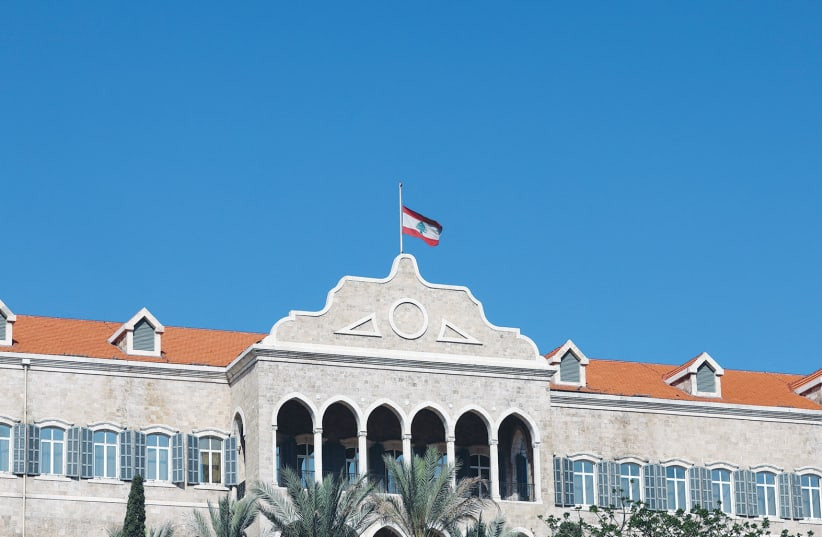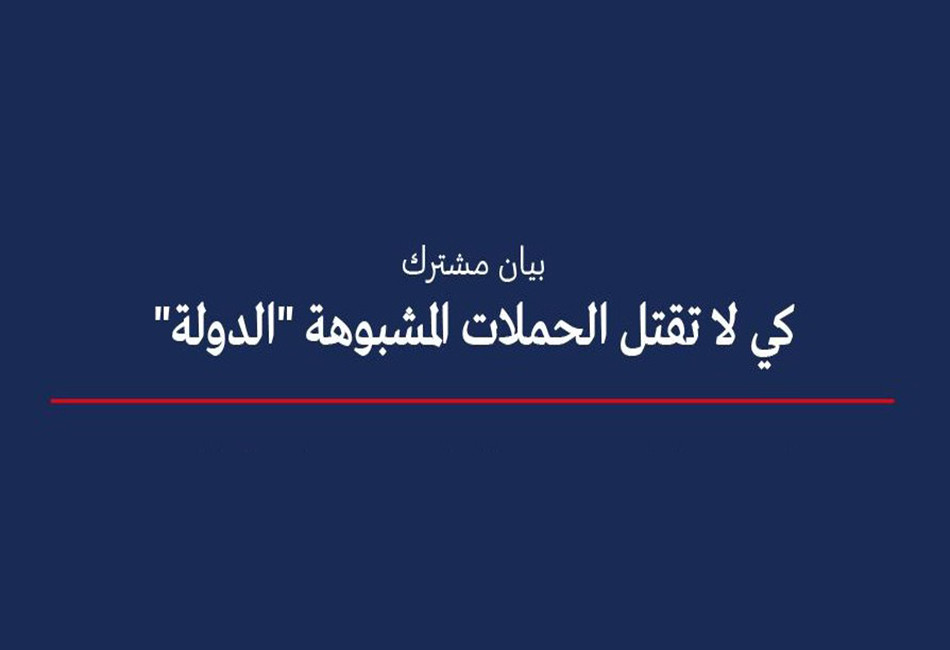The Court of Cassation yesterday recused the judicial investigator in the Beirut Port blast case Fadi Sawan. This happened against the background of a memorandum filed by former ministers Ali Hassan Khalil and Ghazi Zeaiter on the ground of legitimate suspicion over Sawan’s neutrality. In a matter of 24 hours, Judge Tarek Bitar was appointed to replace him.
Based on the foregoing, it is worth mentioning the following:
- The Court in this case is baffled with a battle over ministerial “immunities,” that has always constituted the main gate for impunity and has threatened the entire social and legal structure with collapse. While the Court was expected to commend the Judge’s jurisprudence by narrowing the scope of immunities in a bid to preserve the remainder of the legal structure, it instead held that Sawan’s insistence on breaking these immunities was rather a factor of suspicion. By removing Sawan, the Court seemed to be yielding to the demands of the ruling parties who are latching on their immunities and redlines to the detriment of their loyalty to the vital interests of society. Hence, the Court undermined any remaining faith in the judiciary system, especially since it rendered the removal decision in a case that deeply scarred all of the Lebanese people.
- Moreover, the Court held that the damage to the Judge's house caused by the blast was a factor that casts doubt on his neutrality. In doing so, it trivialized the crime and its ensuing massive damage and harm that affected all residents of Lebanon, albeit to different degrees. The damage caused by the blast is as massive as the current total bankruptcy, total economic downfall, or collapse of public services. Faced by such damage, any judge would inevitably become an aggrieved party by the mere fact of belonging to the society, without his impartiality being called into question. This would not preclude him from understanding the case at hand. Otherwise, judges would be cut off from their own society living in their ivory towers.
Based on the forgoing, we hereby declare and demand the following:
- We declare our full solidarity with all the victims who are still awaiting redress, pledging to support them and exert our utmost efforts along their side to achieve justice and uncover the truth about the Beirut Port blast. We believe the scale of the disaster ensuing from the blast was a turning point; one that hopefully will create leverage for improving our entire judicial system.
- We denounce any intimidation or interference in the judiciary system. We also deplore any invocation of immunity by any of the authority’s constituents who brought the society to its demise. Moreover, we pledge to support all reformist judges in their battle to achieve the independence of the judiciary system — which is a supreme social priority. Thus, we urge the newly appointed judicial investigator, Tarek Bitar, and all reformist judges, spearheaded by the Lebanese Judges Association, to be the backbone of the society in its vital cases, whether through the judicial rhetoric or case law, in order to put an end to impunity.
- We hereby raise our strong reservation about referring the Port Blast case to the High Judicial Council (which is an exceptional court that does not meet the principles of a fair trial). In order to ensure the principles of fair trial, most notably the right to appeal, and a maximum period for preventive detention, the legal texts organizing this Council must be amended.
- In conclusion, it is worth recalling that the independence of the judiciary system is not only a guarantee of democracy and civil peace, which remains impossible amid the entrenched injustice and inequality, but also a guarantee of the state sovereignty. This sovereignty is not a mere slogan; it is an accomplishment achieved by building unbiased and competent state institutions. The cornerstone of state institution is the approval of laws on the independence of the judiciary system; laws that meet all the criteria needed for ensuring such independence.




